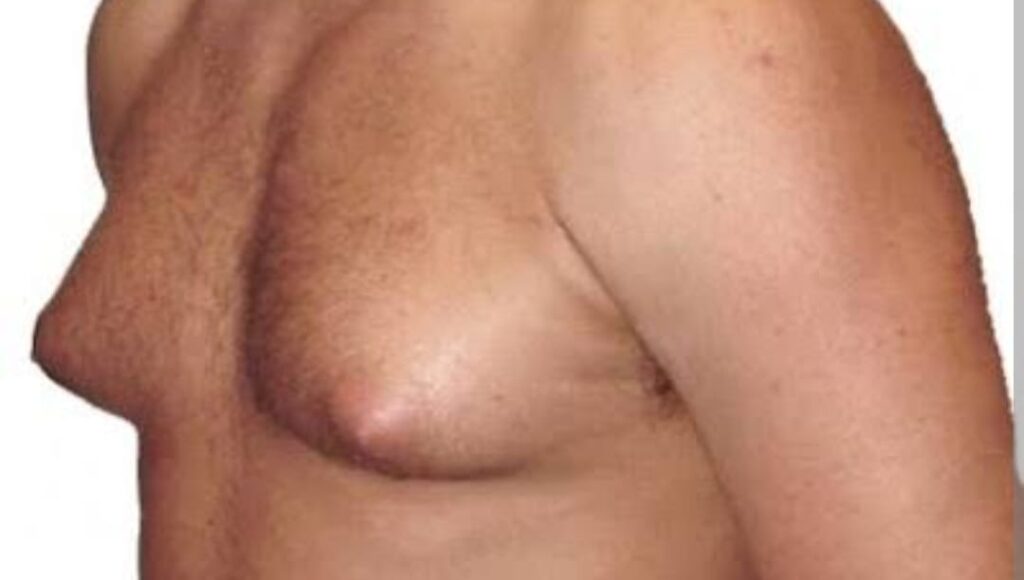Uche Nwokwu, coordinator of the National Cancer Control Programme (NCCP), Ministry of Health and Social Welfare, says men with large breasts are at a higher risk of developing breast cancer.
Mr Nwokwu said in an interview with journalists on Saturday in Abuja that men undergoing hormone therapy to alter their body physiology to appear more feminine are also at elevated risk.
“When men take hormone therapies to alter their physiology, the more active female hormones can expose them to a higher risk of breast cancer,” he said.
He explained that because men had breast tissue, they could develop breast cancer, although the condition was rare.
Confirming that such cases had been recorded in Nigeria, the NCCP coordinator emphasised the need for awareness.
According to him, breast development in men can be triggered by an increase in estrogen, the hormone responsible for breast growth, particularly when testosterone levels drop.
He said, “The hormone that women have that makes their breasts develop is also present in men.
“The difference is that testosterone, which is higher in men, suppresses that hormone; so when there’s an imbalance between the two, whichever is higher tends to manifest more.”
He added that when estrogen levels in men become dominant, it could lead to gynecomastia (the enlargement of male breast tissue), which in turn increases the risk of breast cancer.
“Once there’s a fluctuation that disrupts the body’s ability to regulate the cell ducts, it can trigger breast cancer,” he said.
Mr Nwokwu noted that the risk factors for breast cancer in men are similar to those in women.
He, however, said women were more prone due to their more developed breast tissue and cell ducts.
The expert said men with larger breasts face a higher risk than those with average breast size, though no man was completely exempted.
“The reason is simple: anything that lowers male hormones, whether due to sickness or environmental factors, can cause an increase in female hormones.
“That imbalance can result in gynecomastia and, by extension, raise the risk of breast cancer,” he said.
He also identified genetics as a significant factor: “People who come from families with a genetic predisposition need to be cautious, as even slight environmental triggers can elevate their risk.”
On available data, Mr Nwokwu said figures are low partly because men often do not recognise the symptoms of breast cancer until they receive a proper diagnosis.
He acknowledged the lack of conclusive data on the disease in men, saying it reflected a broader challenge in cancer data collection.
However, the NCCP coordinator noted that the federal government had designated cancer as a reportable disease to enhance data gathering.
To reduce the risk of breast cancer, Mr Nwokwu advised men to regularly check their bodies for lumps or unusual growths, especially in the breast area.
(NAN)
Do you want to share a story with us? Do you want to advertise with us? Do you need publicity for a product, service, or event? Contact us on WhatsApp +2348183319097 Email: platformtimes@gmail.com
We are committed to impactful investigative journalism for human interest and social justice. Your donation will help us tell more stories. Kindly donate any amount HERE




